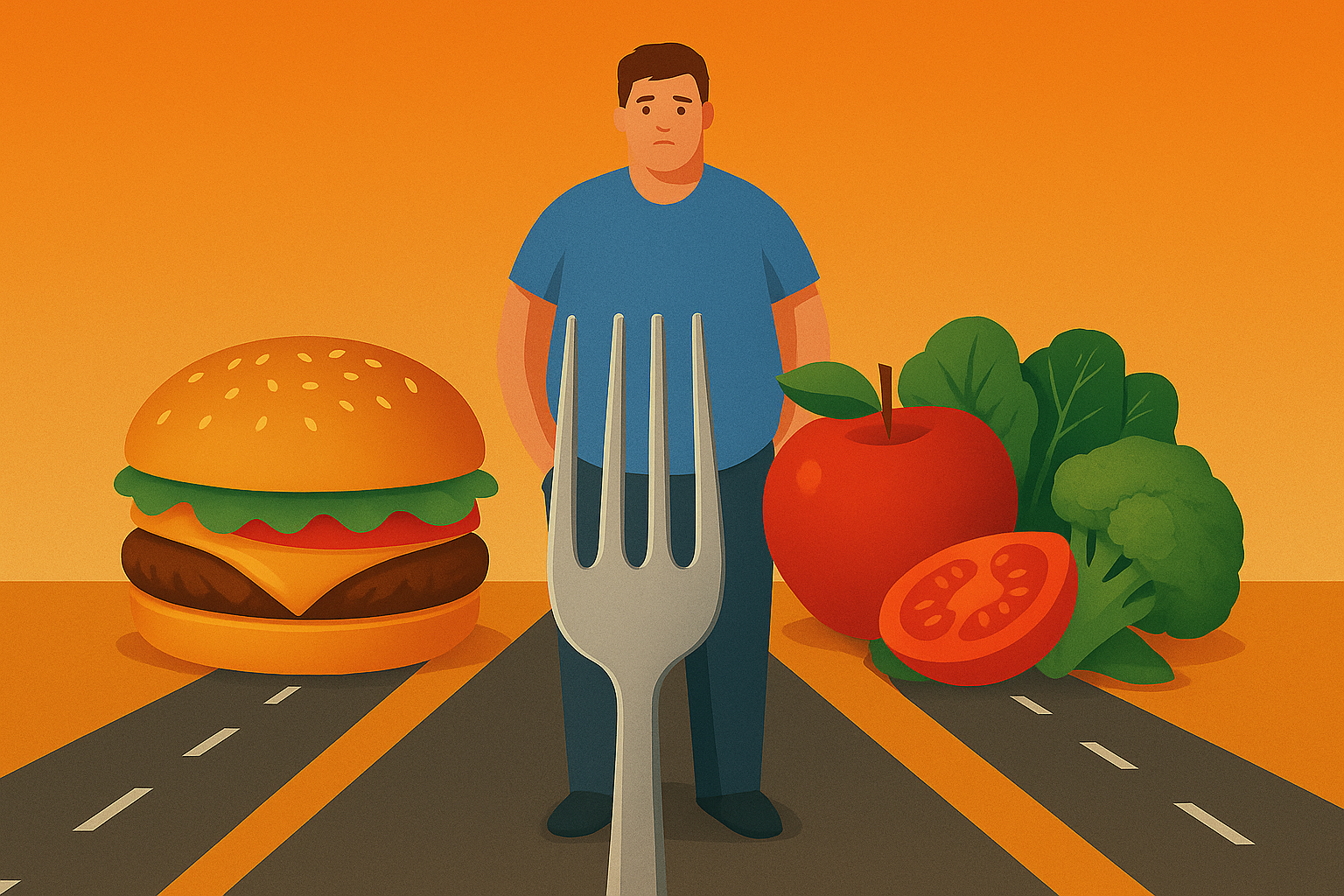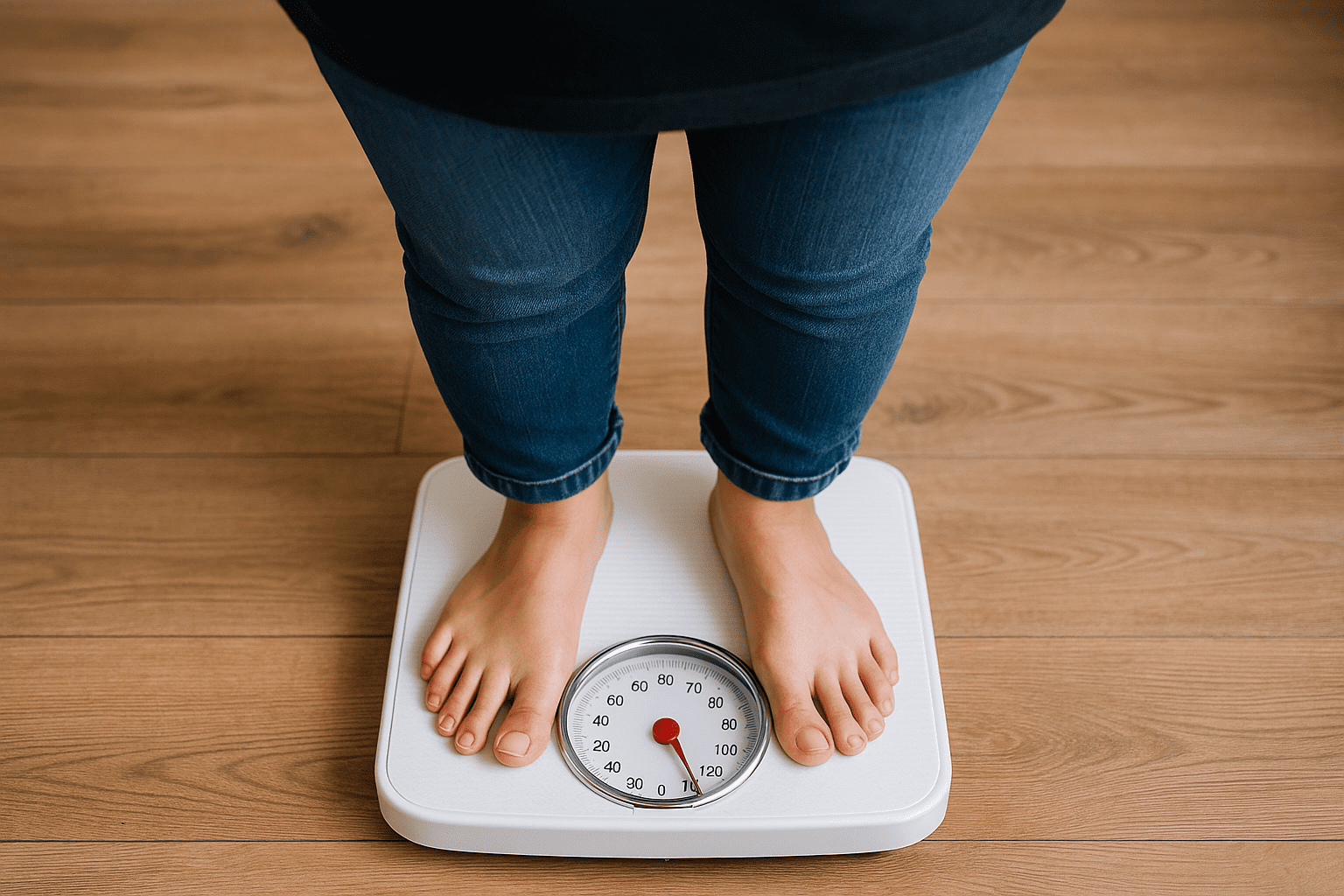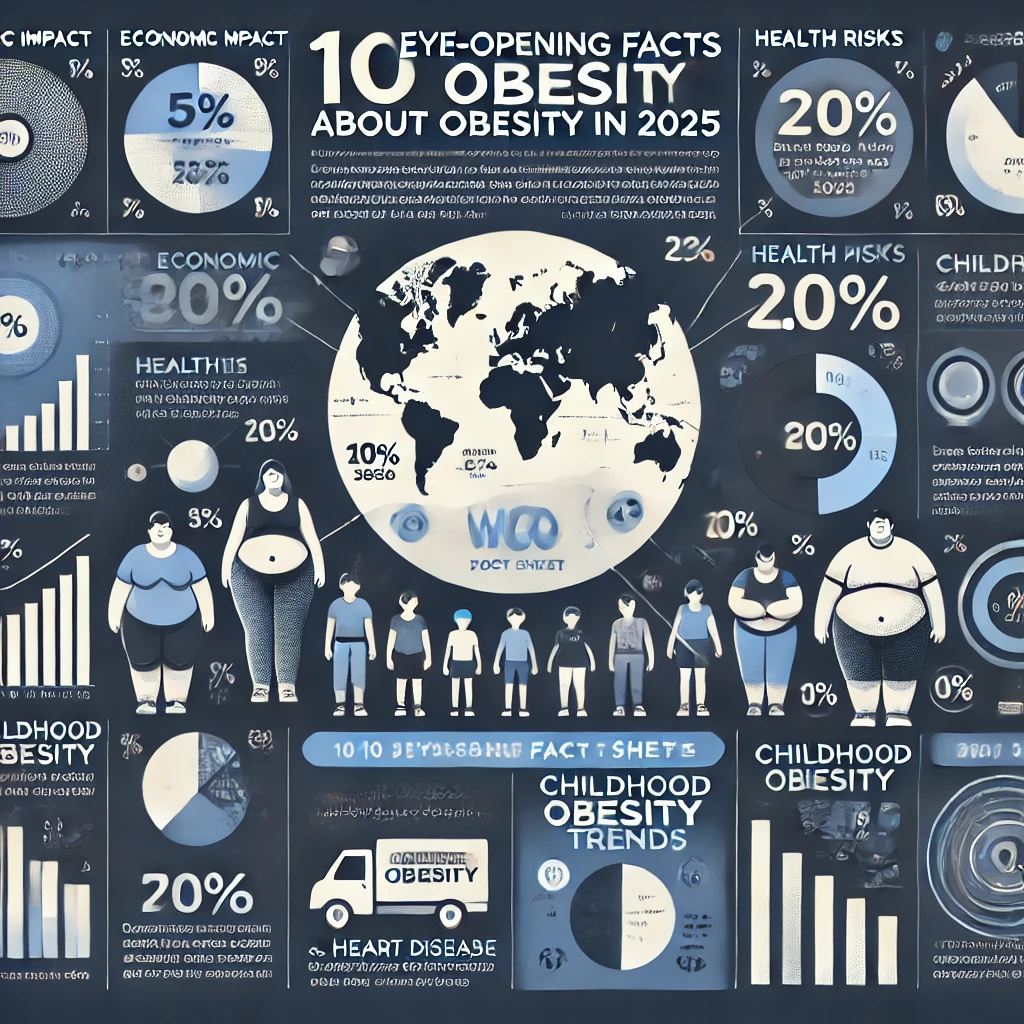Obesity rates in the United States continue to climb at an alarming pace — and experts say it’s not just about willpower, diet, or exercise. A new review from UCLA Health reveals that stress, financial hardship, and social struggles are powerful drivers of obesity, reshaping both the brain and the gut microbiome in ways that make long-term weight management far more difficult.
The study, published in Clinical Gastroenterology and Hepatology, highlights how social determinants of health — such as income, education, access to healthcare, discrimination, neighborhood safety, and even childhood experiences — can profoundly affect a person’s metabolism, appetite, and eating behaviors.
Today, more than 40% of American adults live with obesity, costing the healthcare system around $173 billion annually. Even more troubling, obesity-related cancer deaths in the U.S. tripled between 1999 and 2020.
The Hidden Link: Stress, the Brain, and the Gut
Led by Dr. Arpana Church, co-director of the Goodman-Luskin Microbiome Center at UCLA Health, the review explains how the brain-gut microbiome axis acts as a “bridge” between a person’s environment and their weight.
Stress and social adversity trigger the release of hormones, inflammatory molecules, and metabolites that:
- Increase cravings for unhealthy foods
- Disrupt appetite regulation
- Reduce motivation for exercise
- Alter metabolism
Chronic stress, social isolation, and racism-related stress all rewire brain pathways, reduce gut microbiome diversity, and increase harmful bacteria — setting the stage for inflammation, impaired self-control, and unhealthy eating cycles.
Why Social Inequality Matters in Obesity
People in lower socioeconomic groups often face:
- Food deserts: Limited access to fresh produce and healthy groceries
- Reliance on cheap, processed foods: High in sugar, salt, and fat
- Chronic stress exposure: Linked to violence, poverty, and discrimination
- Social isolation: Weakens appetite control and emotional regulation
These combined pressures create a “perfect storm” that pushes communities toward higher obesity risk. Worse, these effects can start before birth — early exposure to adversity and poor nutrition shapes both gut bacteria and brain development, increasing lifelong vulnerability to obesity.
What Can Be Done? Policy + Personalized Care
Dr. Church emphasizes that solutions must go beyond blaming personal choices. “Reversing the escalating obesity epidemic in America demands a dual approach — personalized, equitable care for individuals and bold, systemic policy reforms that address the root causes,” she said.
Policy-Level Changes
- Improve access to healthy, affordable food
- Expand safe spaces for physical activity
- Reduce healthcare inequities
- Invest in education and neighborhood infrastructure
Personal Strategies
Even in difficult circumstances, individuals can take steps to support their health:
- Choose nutrient-dense foods within budget
- Build supportive social connections
- Practice stress-reducing habits (journaling, meditation, time in nature)
- Engage in regular physical activity
- Cultivate empathy and gratitude for better mental well-being
The Doctor’s Role: Tailored, Compassionate Care
Healthcare providers, Church says, must account for both biological and psychosocial factors when creating treatment plans. That means screening for social determinants of health, recognizing the role of stress and hardship, and offering strategies that empower patients rather than simply prescribing generic advice.
“By tailoring care to the lived experiences of patients, doctors can help break the cycle of stress, poor gut health, and obesity — supporting both immediate and long-term wellness,” Church explained.
Bottom Line
Obesity in America isn’t just about calories in and calories out. It’s the result of stressful environments, social inequalities, and biological changes that reinforce unhealthy habits. Tackling this crisis requires a combination of policy reforms, community support, and personalized healthcare that recognizes the deep connection between mind, body, and environment.
Reference: Biopsychosocial and Environmental Factors that Impact Brain-Gut-Microbiome Interactions in Obesity; Riya Sood et al.; Published online Sept. 4, 2025, Clinical Gastroenterology and Hepatology.



